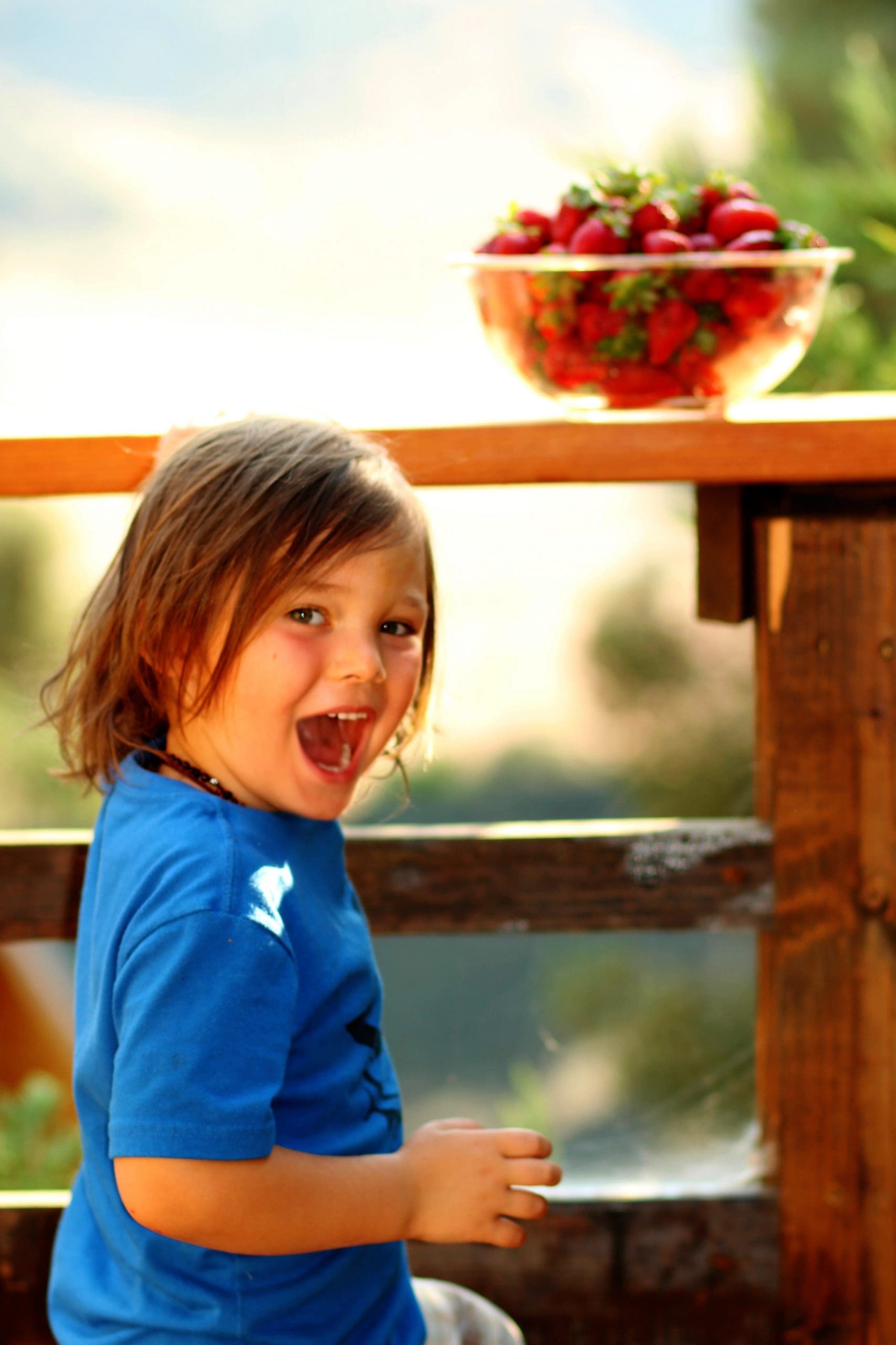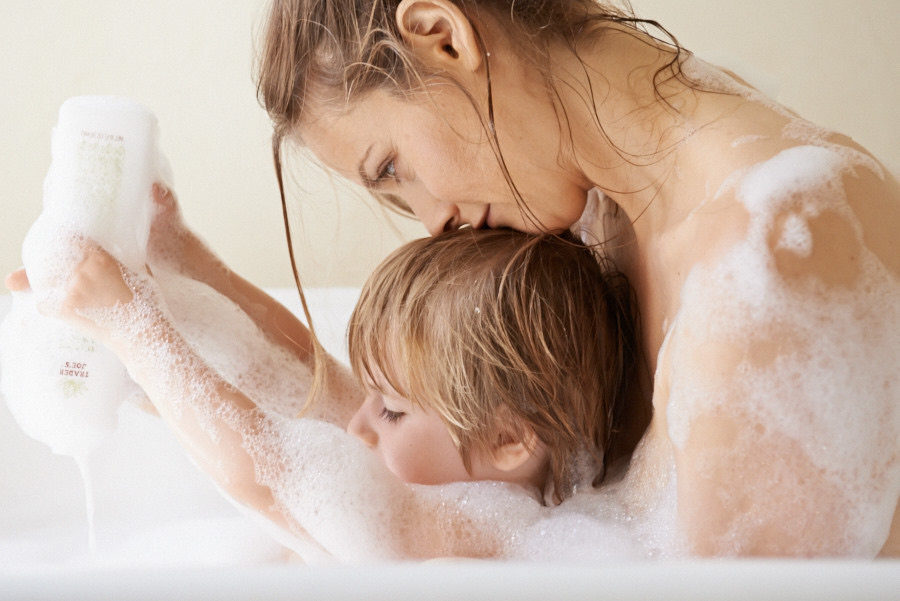In a world struggling with mental health and well-being, and controlled by those who seem to lack empathy and heart, how do we ever achieve any form of the elusive ‘world peace’?
“Society’s destiny rests on how it treats its children.” – Robin Grille
Let’s start with “childism”.
This is prejudice against children in which it is socially acceptable for adults to treat children in disrespectful ways, in order to gain control of them. It’s also the idea that having control of your children is a sign of successful parenting. Yet when parents focus on control, manipulation, punishment and shame, or resort to other more aggressive if not violent forms of communication, inevitable problems occur.
In short, children begin to develop an identity around feelings of failure and worthlessness, which contributes to the ever increasing rates of depression, anxiety and self-harm among our young people. In other words, childism is basically a socially accepted form of bullying.
Children who have these experiences, will often feel the need to bully others in their life, to gain back the control they lose at home. It’s a vicious cycle.
Once we accept the radical idea that children also deserve respect, we can begin to make positive changes in our own homes.
Peace at home has the potential to infect the world with happiness. Never doubt the power of a peaceful home.
Five suggestions for peaceful and positive communication with children:
- RESPECT – The most basic human right. Think about what you say to your children. If it’s not respectful to say (or do) to your closest adult friends, it’s also not okay to say (or do) to your children. This means; acceptance of your children by allowing natural growth and development, not trying to force them by use of manipulative or punitive measures. Let them look up and see inspiration, not intimidation. Respect them so they know what respect feels like. Respect yourself so they know what self-respect looks like.
- EMPATHY – The ability to see life from your child’s perspective. Children want and need to feel heard and understood. If you can learn about their level of development and learn to understand their behaviour, emotions and needs, this will have the most positive outcome in your relationship. By being empathetic with your children, not only will they develop empathy, they will learn to understand people instead of judging them. Empathetic people feel and think; just what this world needs more of.
- CONNECTION – Our modern world finds endless ways to be entertained and kept busy through the use of technology, however, nothing can replace the connection and affection of a human being. Quality time together, even 5 to 10 minutes a day, helps us reconnect and feel valued. When we truly connect with someone, respect and compassion is naturally, unavoidable.
- COMFORT – Everyone feels comfort in their own way. A good start is to listen and acknowledge your child’s emotions and remember all emotions are valid because behind every challenging behavior, is a need. Show empathy, even if you don’t understand or agree with them completely, because what they’re feeling is very real for them. Offer comfort and respect their response; not everyone feels like a hug in the middle of an upset and that’s their choice.
- SELF-ACCEPTANCE – If we don’t get the chance to be ourselves during childhood, to develop self-worth and self-respect, we might spend our entire adulthood searching for it. Your personal growth is just as important as your child’s growth. Treat yourself with the same gentleness, understanding and respect, that you would treat your child with. Children don’t ask for perfection; they want happy parents to journey with.
The best way for children to learn any of these qualities is by seeing us modelling them, living them, being them, and normalizing them in every relationship, including the one with ourselves. It begins with loving the person we see and being the person we love.
Kirsty Lee lives in Victoria, Australia, with her husband and two children. She is the founder and creator of Gentle Parenting Memes, on a mission to ‘Be the Change’ and normalize gentle parenting.




